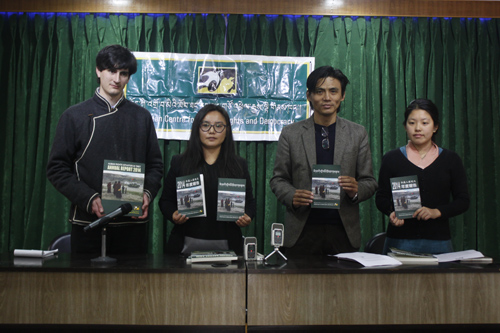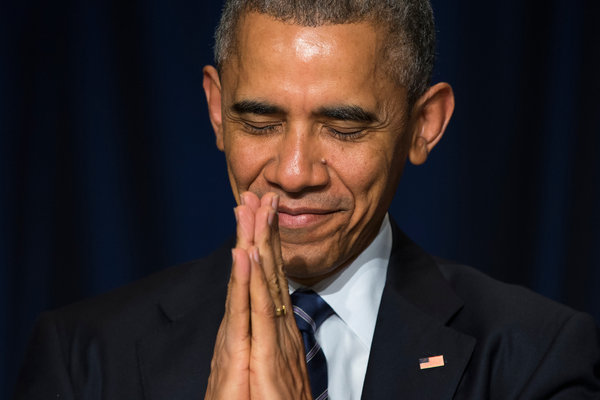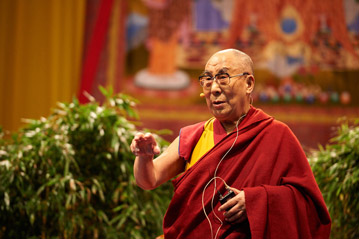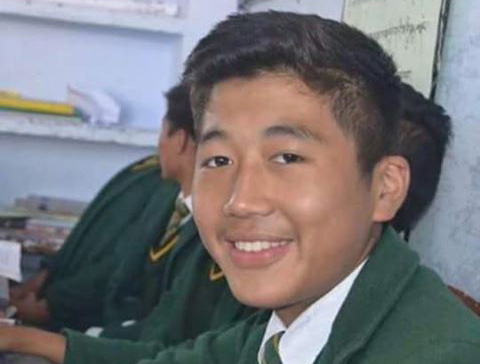TCHRD releases annual report, says human rights situation in Tibet continues to deteriorate
DHARAMSALA, Feb 9: The Tibetan Centre for Human Rights and Democracy (TCHRD), a Dharamsala-based rights group, in its annual report said human rights situation in Tibet continues to deteriorate despite promised reforms.
At a press conference held here in Dharamsala on February 7 in conjunction with the launch of its annual report, TCHRD said the report highlights death in detention, collective punishment, and restrictions on the right to freedom of assembly and association.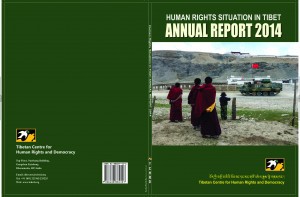
In a press release issued on the day, TCHRD said in all the three areas the treatment of Tibetans has deteriorated substantially and further added that Tibetan prisoners are frequently subjected to torture, beatings, and denial of medical care.
“In 2014, an increasing number of Tibetans died because of their treatment in detention,” TCHRD said in its press release.
The Tibetan rights group said the PRC expanded the scope of its punishment of Tibetans by announcing that entire families and villages would be punished if there was a self-immolation protest or a person attended religious festivals. It further added that Tibetans who protested against arbitrary arrests or illegal mining in Tibet faced violent reprisals for exercising their right to freedom of assembly.
TCHRD noted that collective punishment of Tibetans is against international legal standards and rule of law.
“The collective punishment of Tibetans, particularly in the case of self-immolations, is against the fundamentals of rule of law,” Mr John Gaudette, legal research officer at TCHRD noted during the press conference.
At the tri-lingual press conference Ms Tsering Tsomo, Executive Director of TCHRD, gave an overview of human rights situation in Tibet in 2014, Mr Tenzin Nyingjey, researcher at TCHRD, made remarks in Tibetan language and Ms Penghsuan lee, intern at TCHRD, made remarks in Chinese language.
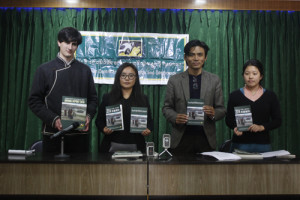
TCHRD’s annual report is made available in English, Tibetan, and, for the first time, in Chinese language in order to raise awareness over human rights situation in Tibet among the Chinese speaking population in the world.
The annual report also highlights the consistent and systemic problems with heath care and education in Tibet.
“By most metrics, health care in Tibetan areas is worse than almost anywhere else in the PRC. Similarly, Tibetans receive less school and that schooling is generally ineffective and inefficient,” TCHRD said.
The rights group also noted that conclusions in its annual report were deduced by examining China’s official 2010 census data.
“The data undermines the PRC’s claims that it has improved life in Tibet. Education and health care for Tibetan has fallen behind other parts of the PRC,” the group noted.
Ms Tsering Tsomo, executive director of TCHRD said an important feature of the 206-page annual report is the political prisoner database, which she claimed was substantially improved in 2014 and is one of the most comprehensive Tibetan political prisoner databases in the world.
“The database now includes information from various sources on 2,110 known political prisoners. This number includes the 137 Tibetans who were either detained or sentenced in 2014,” she said.
The report also addresses violations of civil and political rights, including the right to privacy and the expansion of the security state, economic social and cultural rights, including the resettlement of the nomads, the developments in the international community, including statements concerning the human rights situation in Tibet at the United Nations.
Tibetan Centre for Human Rights and Democracy is a registered non-governmental human rights organisation established in January 1996 in Dharamsala (India) with the mission to protect the human rights of the Tibetan people in Tibet and promote the principles of democracy in the exile Tibetan community.

